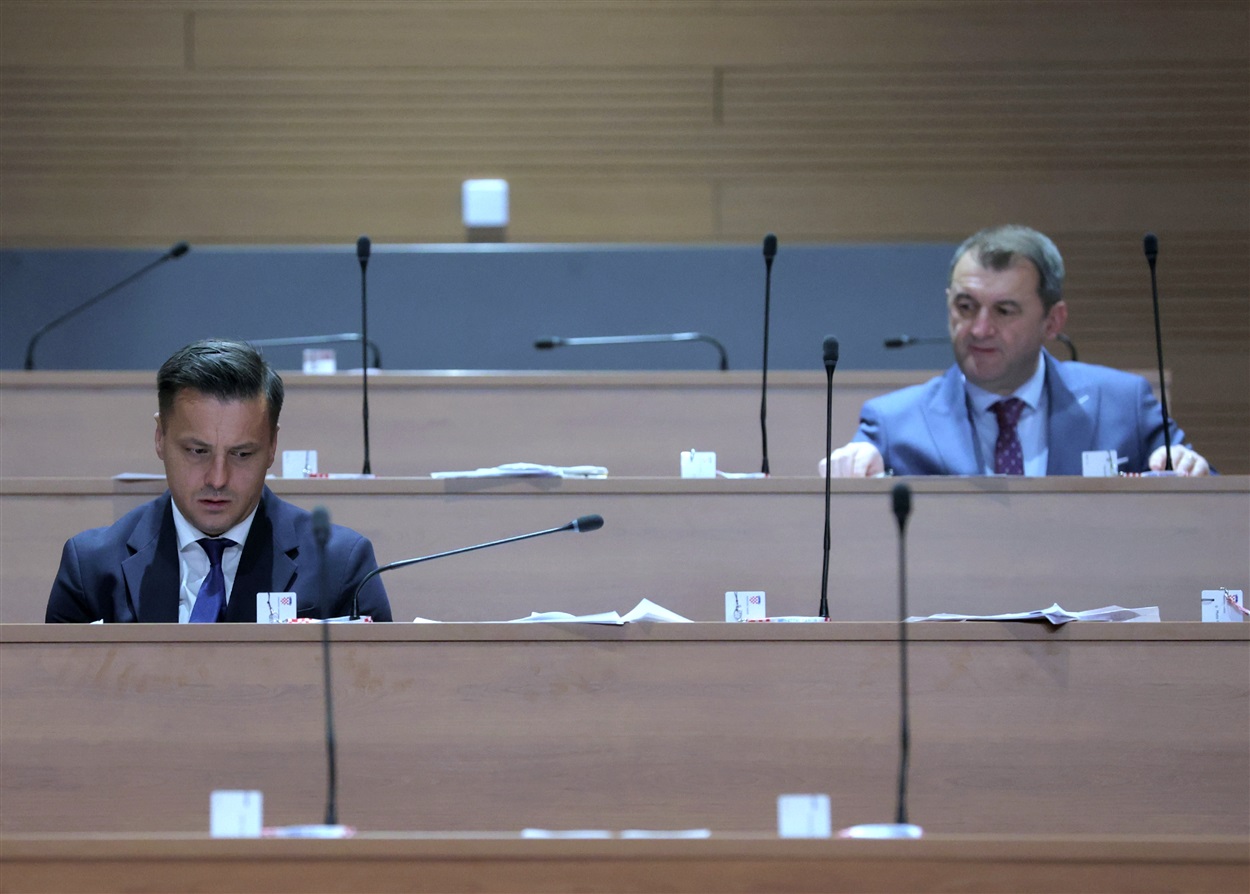
Zagreb - The Opposition said on Tuesday that the amendments to the Social Welfare Act, proposed by the government under a fast-track procedure, bring progress but fail to address one important group - the elderly, while HDZ MPs emphasised that the government is working to raise social security for all groups.
The opposition welcomed the fact that adoptive parents will now receive a one-off allowance for a newborn child, similar to biological parents, but they believe that this measure belongs in the law that governs maternity and parental benefits, not the Social Welfare Act.
Ante Kujundžić of the Bridge party, who recently called for adoptive parents to be granted a one-off allowance for a newborn, which the government has now done, again criticised the government for discrimination.
"We have jumped from one category to another - from the domain of semi-parents, who according to the Maternity and Parental Allowance Act cannot use the allowance if another beneficiary has already used it, to the category of super-parents, which is discriminatory compared to biological children," he stated.
Bridge, he explained, was only asking for equality, not for a higher allowance for adoptive parents. Biological parents will receive a one-off allowance of €600 for a newborn child, which was not initially planned for adoptive parents, but the government decided to grant them this right as well, at a rate of €1,327.
"This allowance is certainly welcome, but it was not what we asked for. We requested 600 euros, we asked for equality," the MP said.
Several opposition groups, including We Can!, argued that the law neglects elderly people.
HDZ MP: The government is working to increase social security
Veljko Kajtazi (National Minorities group), who is part of the parliamentary majority, believes that there is still much room for improvement in the law, especially concerning the Roma, the most socially vulnerable group in Croatia.
He advocated for social workers to be specifically trained at the Social Work Academy to work with minority communities, particularly the Roma.
Kajtazi disagreed with making social assistance conditional on unpaid work, a stance also shared by the opposition.
Ljubomir Kolarek of the ruling Croatian Democratic Union (HDZ) recalled what the government has done for socially vulnerable citizens during the crisis through aid packages, and stressed that with these amendments, the government continues to work on increasing social security, with a particular focus on the most vulnerable groups in society.